I'm glad the judge is really only considering the use of AI. Because it's obviously not copyright infringement to train AI with whatever TF materials you want. It's the output that matters.
Copyright infringement can't happen at all until the copyrighted material gets distributed somehow. If you make a thousand copies of a song at home you have not violated copyright law. If—however—you share that song with someone else (or the entire Internet) you just violated the copyright of whoever owned that song (assuming it's just a regular track and not something licensed in some special way).
Is it ethical to pirate a billion books to train AI? I don't know. They never really intended for humans to read them. So—to me—it's not that much different than the "making a thousand copies of a song at home" point. They haven't deprived the authors of anything at that point.
When the AI is used it may violate an author's copyright but only if it's close enough to the original work that a judge would say, "yeah, that's definitely derivative."
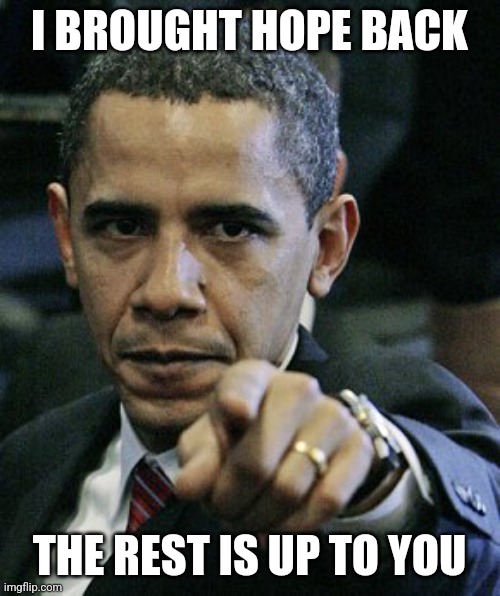
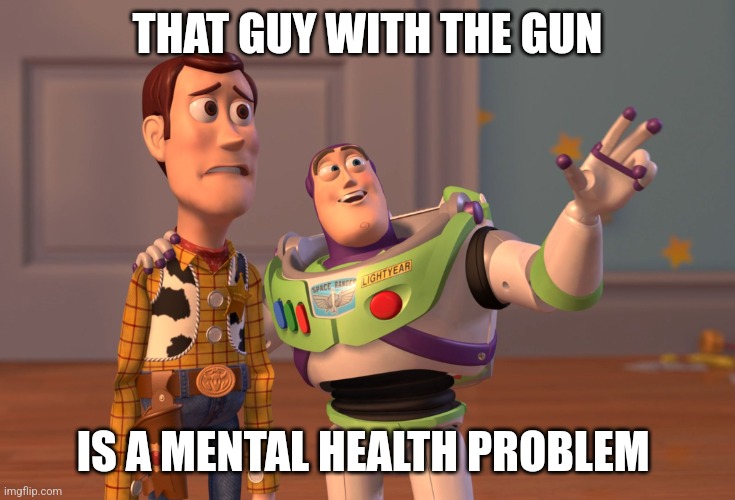
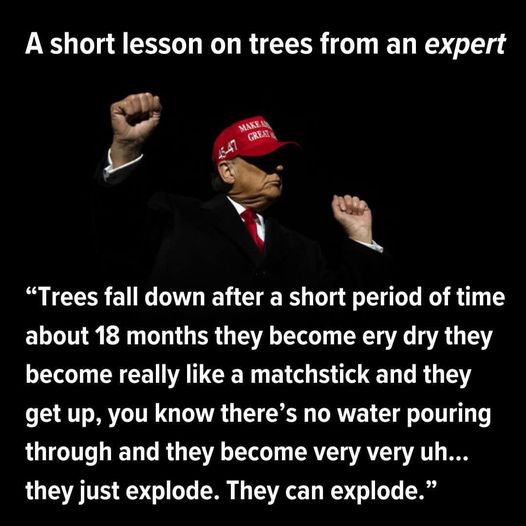
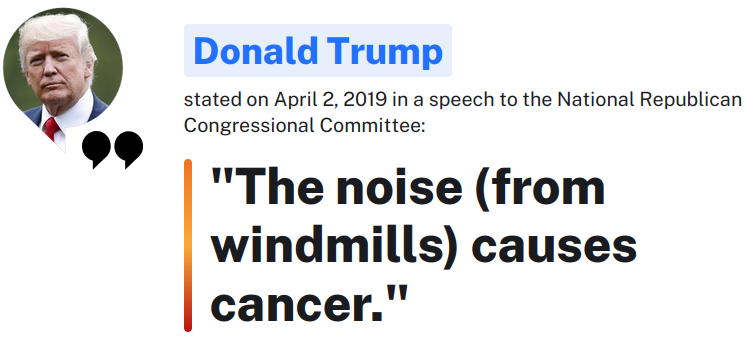
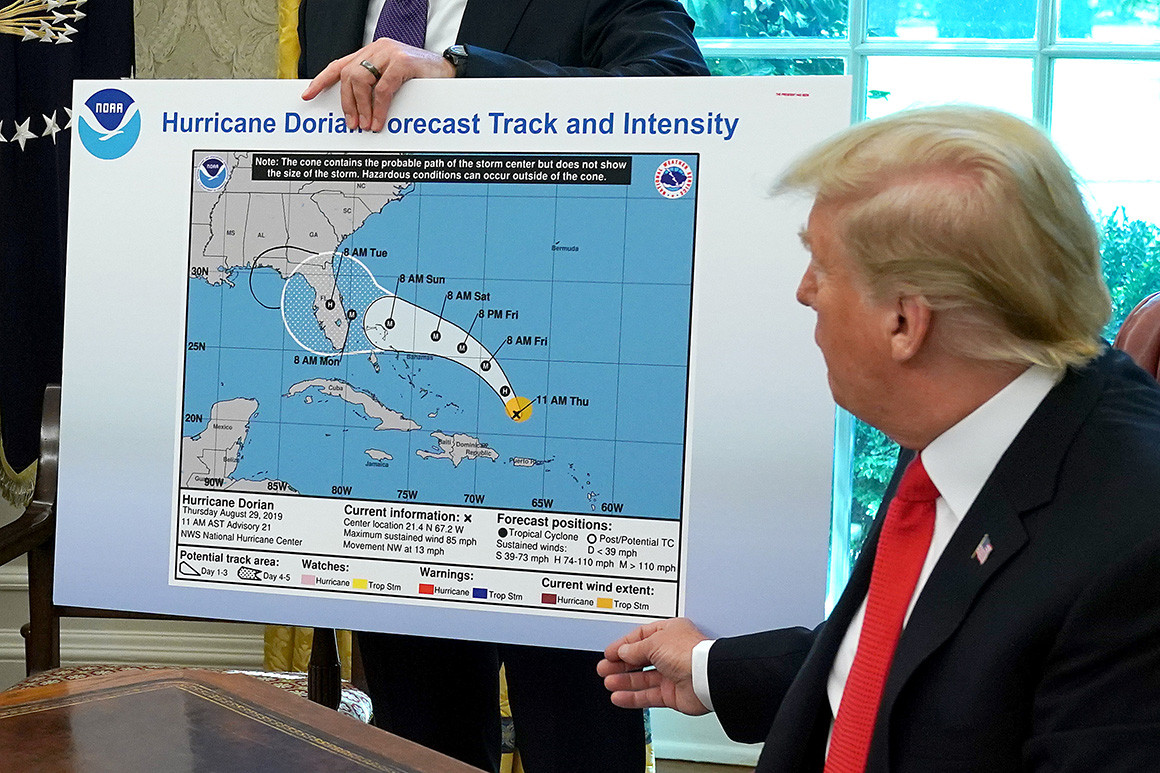
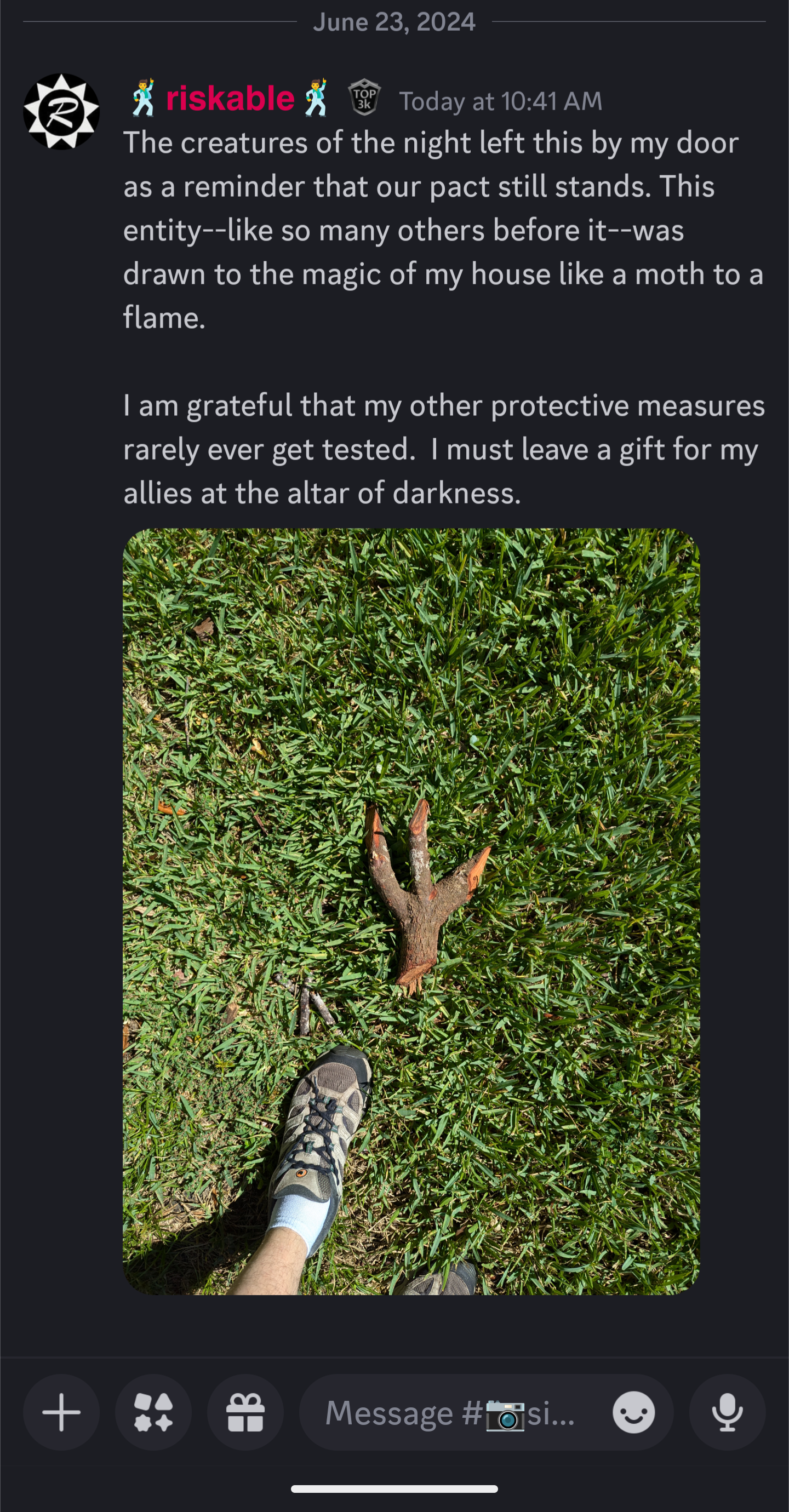
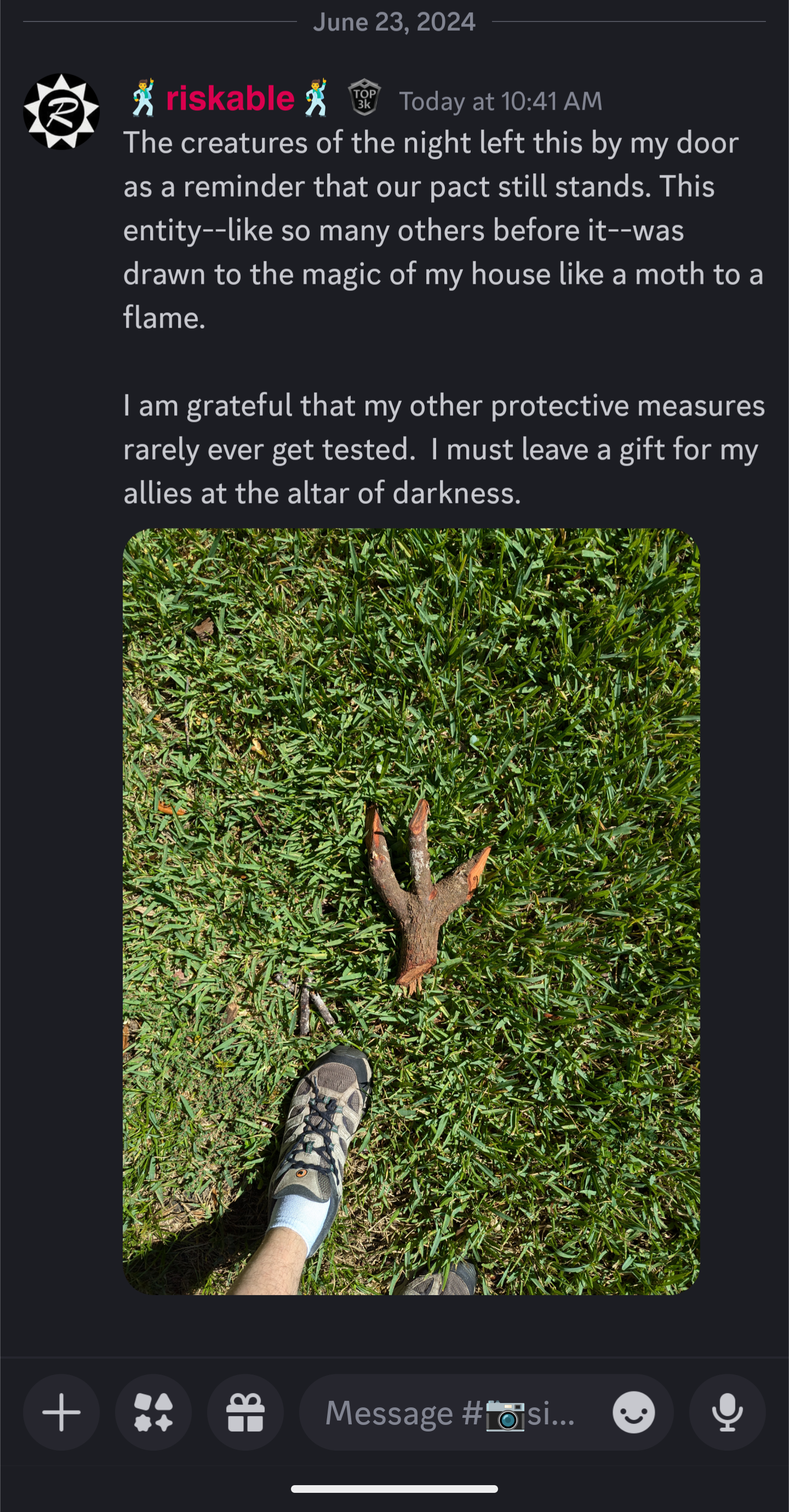

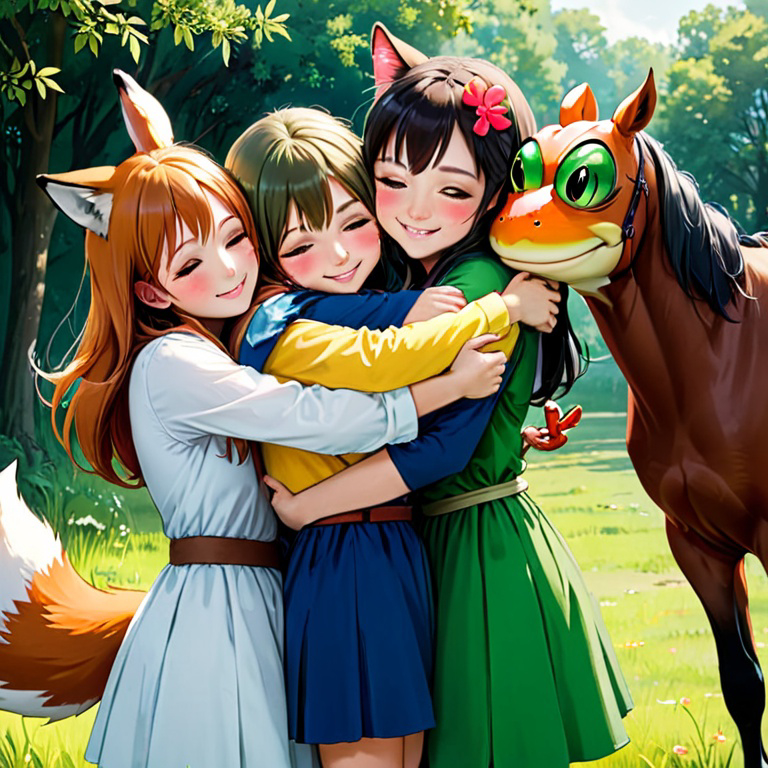
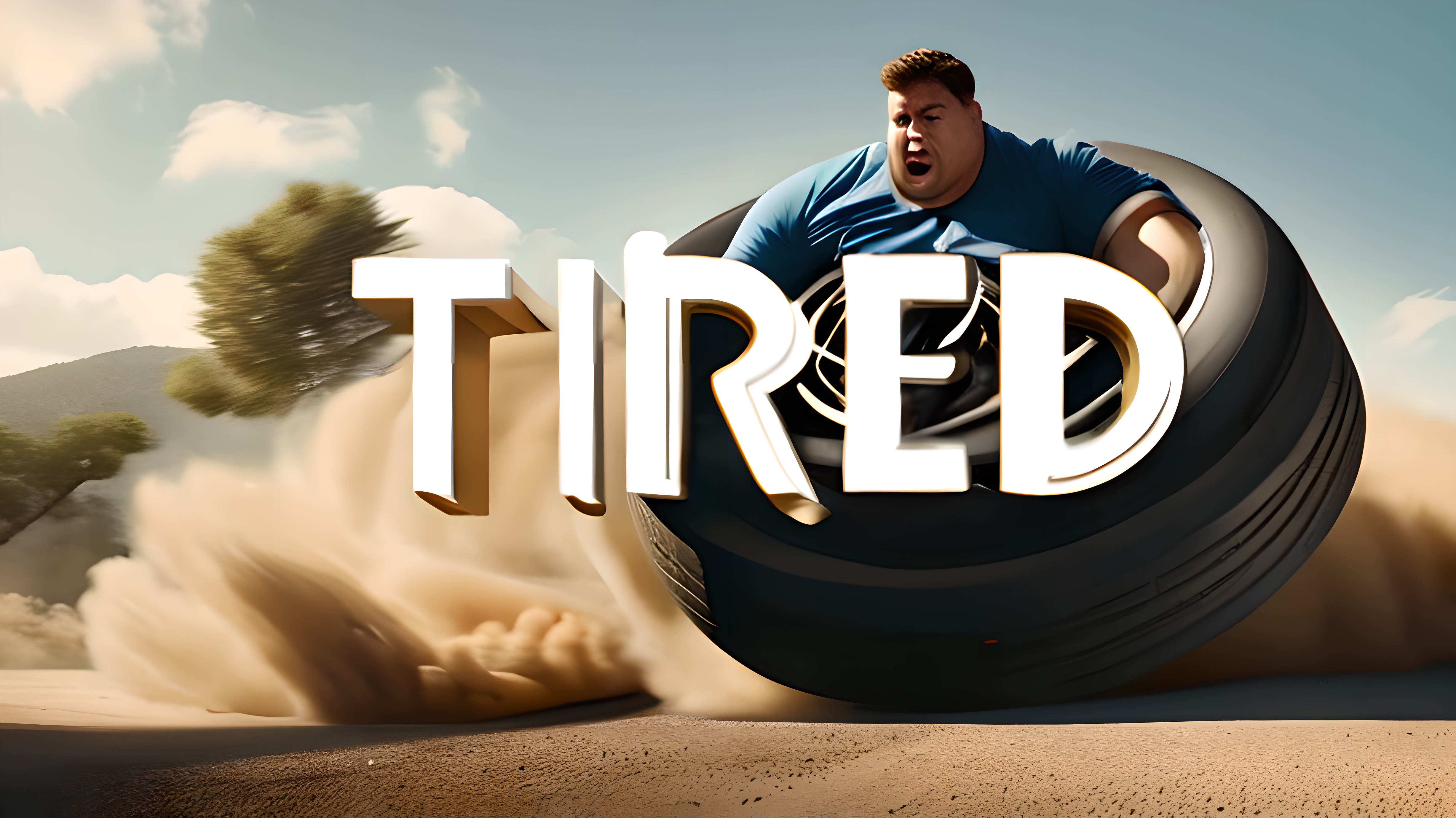

Try the chips.